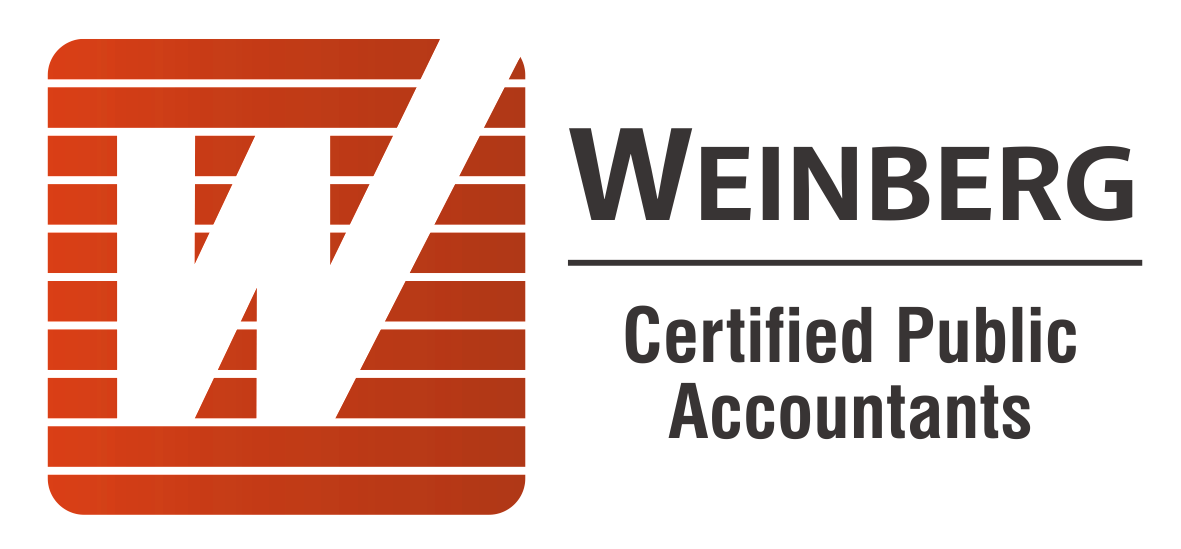SPACs RAISE RECORD $65.7 BILLION –
|
SURVEY SAYS…
Retailers can’t count on Santa
SHARP DOWNTURN IN HOLIDAY SPENDING PREDICTED
The annual holiday spending survey conducted by pollster Gallup shows that Americans will be spending an average of $805 on Christmas gifts this year, well below last year’s estimate of $942.
The survey, conducted in October, is bad news for retailers, already battered by COVID-restricted shutdowns. Gallup also reports that more than twice as many people polled (28%) say they are spending less this year, versus those who will be spending more (12%). This is the lowest October holiday spending projection that Gallup has measured since 2016.
When comparing retail sales for prior years, Gallup notes that “holiday sales typically increase year-over-year, rising 3.3% on average since 2000, with sales up more than 5% in strong years and around 2% in weak years, according to figures compiled by the National Retail Federation. Since 2000, holiday sales have only been worse in 2008 and 2009, the result of the global financial crisis.
An Audited Legacy of Quality
Weinberg & Company is consistently at the very top when it comes to the quality of our work– just check our legacy of stellar PCAOB inspection reports.
We thought we were building a leading, international accounting firm by providing Big 4 expertise with personal service at reasonable fees.
Turns out we were also building “An Audited Legacy of Quality.”
“We believe your capital is best deployed for your company’s growth, not for runaway accounting fees.”

